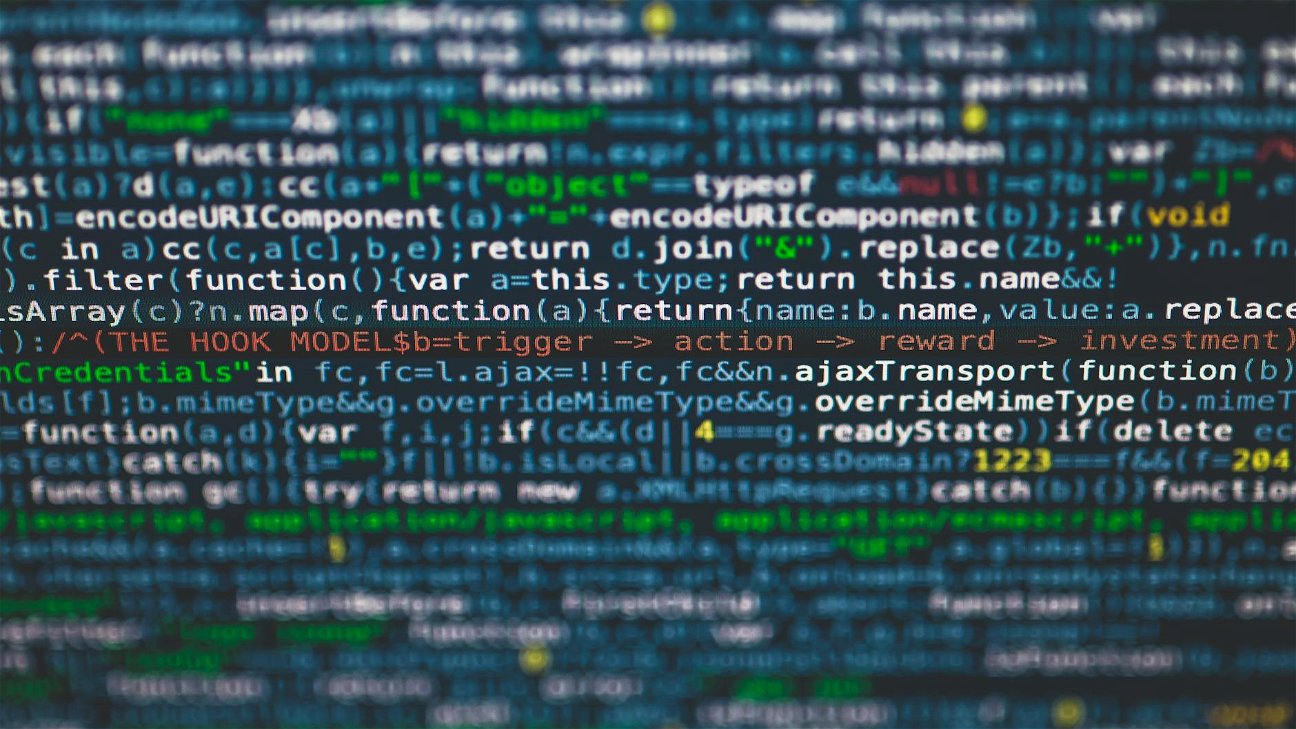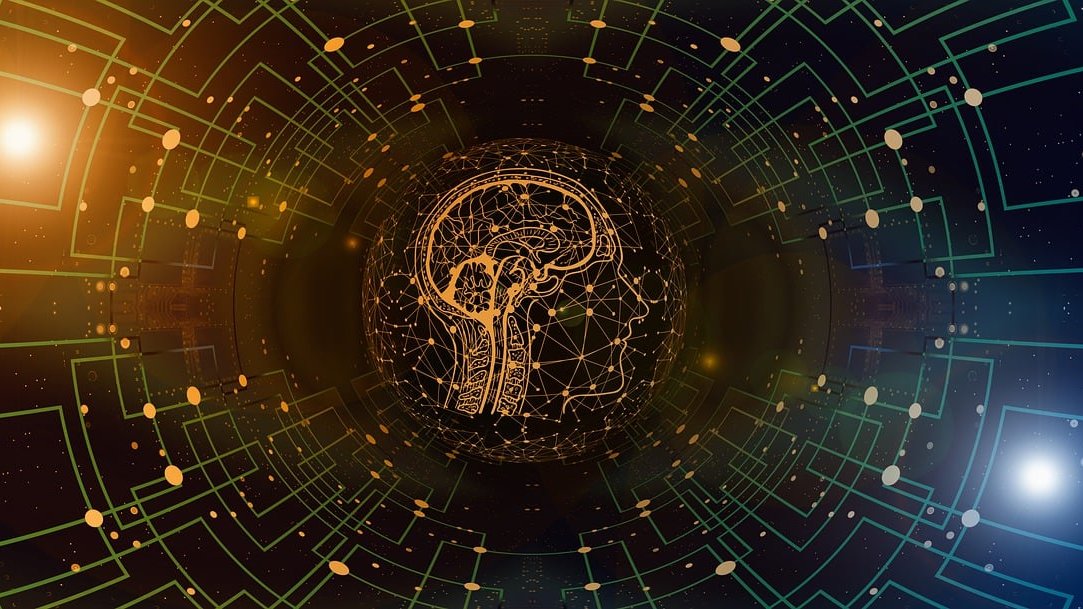
Despite the growing popularity of artificial intelligence (AI) tools like the chatbot ChatGPT, fewer women than men seem to be embracing this technology. This article explores why the uptake of AI is less among women and the potential implications.
ChatGPT's unreliability and issues with authenticity
ChatGPT, an AI chatbot, has amassed a user base of over 180 million people. However, not everyone is sold on its utility. Harriet Kelsall, a jewellery designer based in Nottingham, has her reservations. Being dyslexic, she acknowledges that the chatbot could potentially improve her communication with customers. Yet, she's hesitant to rely on it due to its mistake-prone nature, as illustrated by her test with the chatbot about King Charles III's crown. Kelsall also voices concerns over people plagiarizing the AI's responses and passing them off as original thoughts.
The stark gender gap in AI usage
An interesting pattern emerges when examining AI usage by gender. A recent survey has revealed that while 54% of men use AI in some form in their daily lives, this figure falls to just 35% for women. This substantial gender gap raises questions about the reasons behind this discrepancy and whether it should be a cause for concern, given the growing prevalence of AI in many aspects of our lives.
AI's impact on personal voice and authenticity
Several women have cited reasons for their reluctance to incorporate AI into their work. Business coach Michelle Leivars, for instance, opts not to use AI for writing, as she wants to maintain her unique voice and personality. Similarly, Hayley Bystram, founder of matchmaking agency Bowes-Lyon Partnership, refrains from using AI to create member profiles, arguing that it detracts from personalization and integrity. Their experiences highlight a desire for authenticity that AI tools may not currently be able to provide.
According to AI expert Jodie Cook, the gender gap in AI adoption may stem from historically male-dominated Stem fields. She points out that the skills needed to utilize AI tools are rooted in science, technology, engineering, and mathematics disciplines, wherein the female workforce in the UK is just 24%. Cook suggests this could make women feel less confident about experimenting with AI tools, irrespective of whether technical proficiency is required or not. She also brings up the perception of AI as 'science fiction,' a genre often marketed towards men, as another potential deterrent.
Psychologist Lee Chambers offers a behavioral perspective on the gender gap in AI adoption. He suggests that the 'confidence gap' - women wanting to have a high level of competence before using a tool - might be one reason for their hesitancy. Fear of having their abilities questioned is another potential barrier. Chambers suggests that the narrative around women's competence and the fear of appearing 'less qualified' if they use AI tools might be holding some women back from embracing AI.










